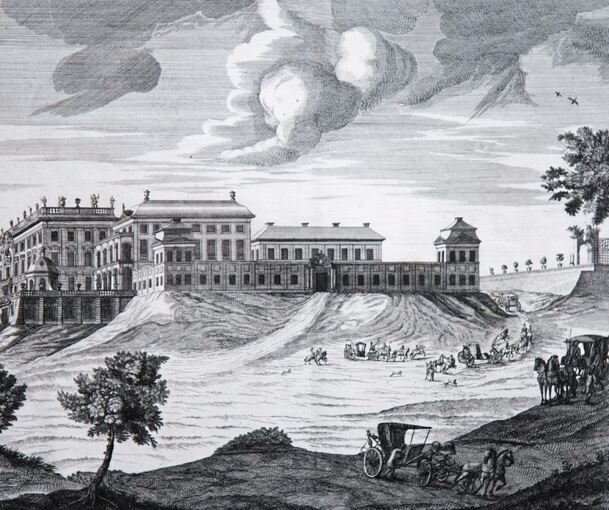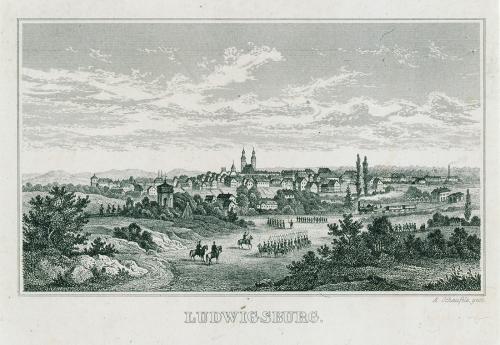
When Hitler arrived at the Beer Hall in Munich, the mass of drinkers and their chatter made it impossible for Hitler to be heard. Having failed to get their attention, he had to fire a pistol into the air before he could announce that the 'national revolution' had begun...
https://twitter.com/mtracey/status/1351309855865376774
Having removed selected officials into a back room to offer them key roles in the new government, Hitler was taken aback to find that they didn't agree straight away.
In fact they played for time and stalled for hours, causing Hitler and his top henchmen consternation...
In fact they played for time and stalled for hours, causing Hitler and his top henchmen consternation...
When disorganization and confusion led Hitler to leave the beer hall to coordinate various movements at about 10.30pm on the night of the putsch, Eric von Ludendorff let the officials go - their key bargaining chip and symbols of legitimacy...
Throughout the night of the coup, any momentum that the Nazis could have built up was hampered by poor communication. Plans could not be enacted in a timely fashion. Units of SA moved around town to retrieve caches of weapons only to meet Reichswehr units, who fired on them.
By the next morning, the Nazis and SA were milling about, genuinely confused as to what to do, until Eric von Ludendorff marched them to the Odeonsplatz, where they ran into a detachment of soldiers of the Reichswehr, where fighting broke out. Sixteen Nazis died, four soldiers.
Hitler was hit in the thigh and had to be spirited away to the country, where he was arrested days later.
Göring's groin wound would lead to his morphine addiction.
Göring's groin wound would lead to his morphine addiction.
Essentially, the Beer Hall Putsch had very little chance of succeeding, through miscommunication, ego, hubris and the sheer weight of numbers.
It was those who downplayed it, or excused it however, that would set the stage for what was to come.
It was those who downplayed it, or excused it however, that would set the stage for what was to come.
It's trite, but in this case the Beer Hall Putsch is the best comparison.
Far Right, heavily armed groups, believing a 'Big Lie' - the 'stab in the back' - coordinate poorly to attempt a revolutionary overthrow of an elected government.
Far Right, heavily armed groups, believing a 'Big Lie' - the 'stab in the back' - coordinate poorly to attempt a revolutionary overthrow of an elected government.
Michael, once you're done tonguing the shined combat boots of III%ers and their ilk, read a little more history.
• • •
Missing some Tweet in this thread? You can try to
force a refresh









